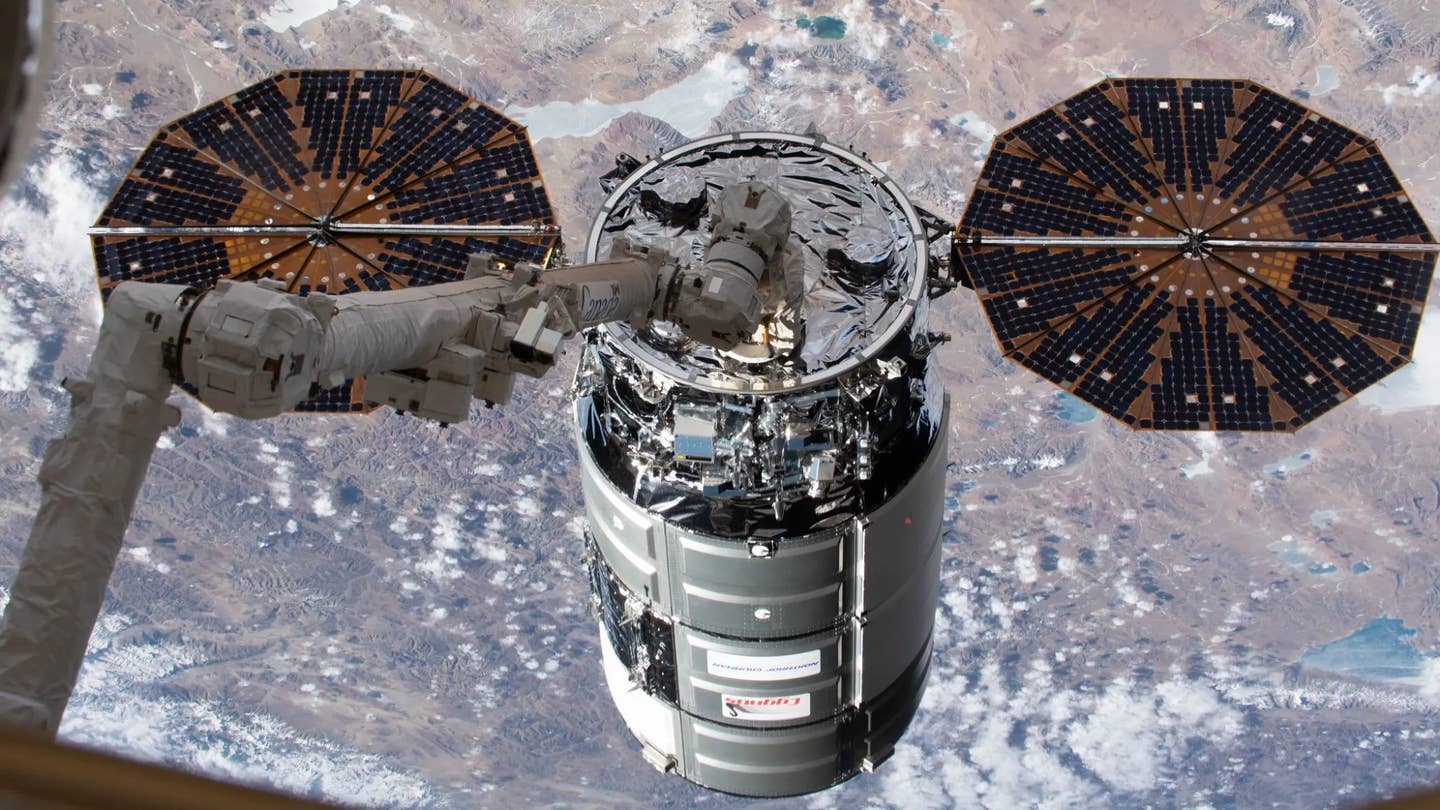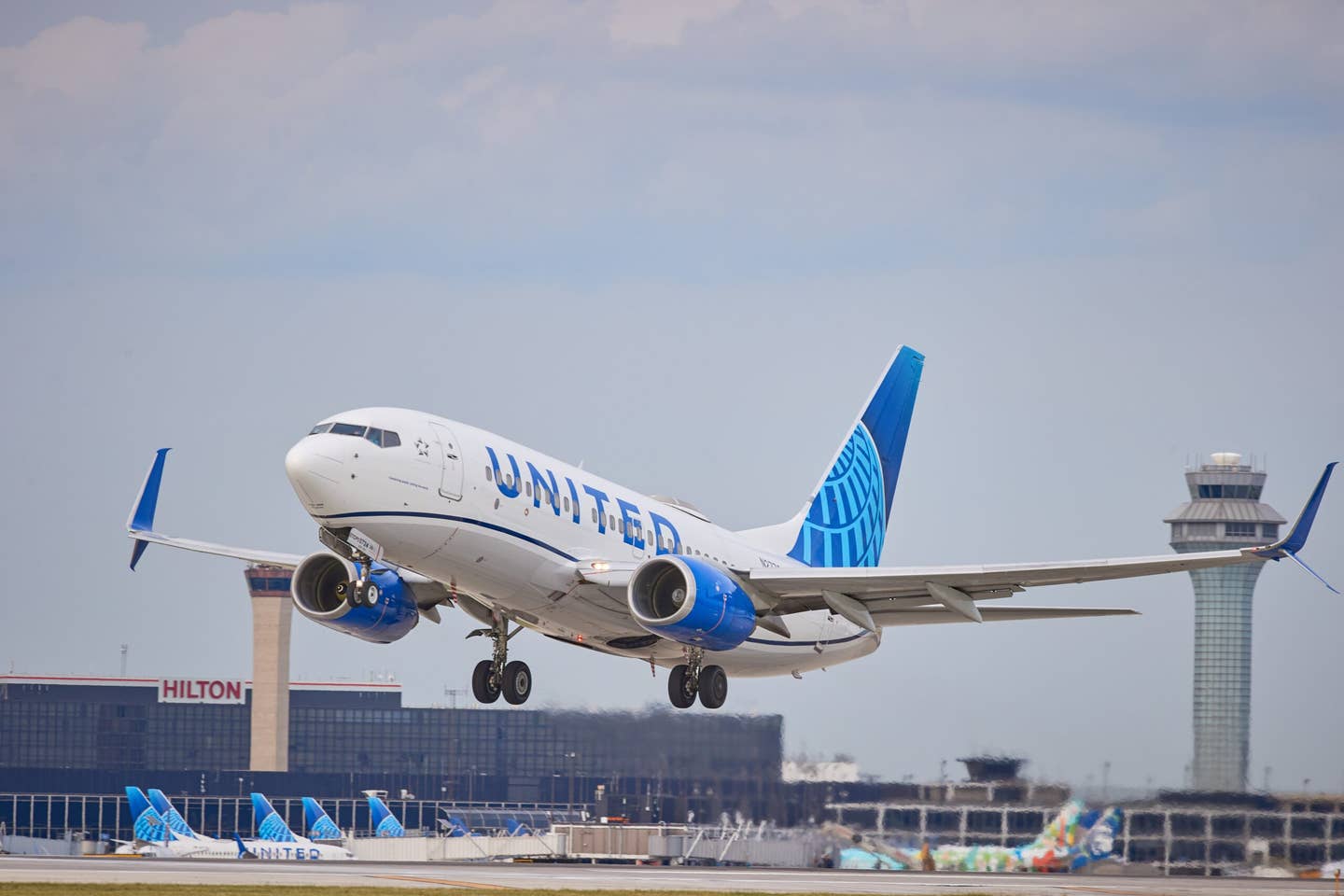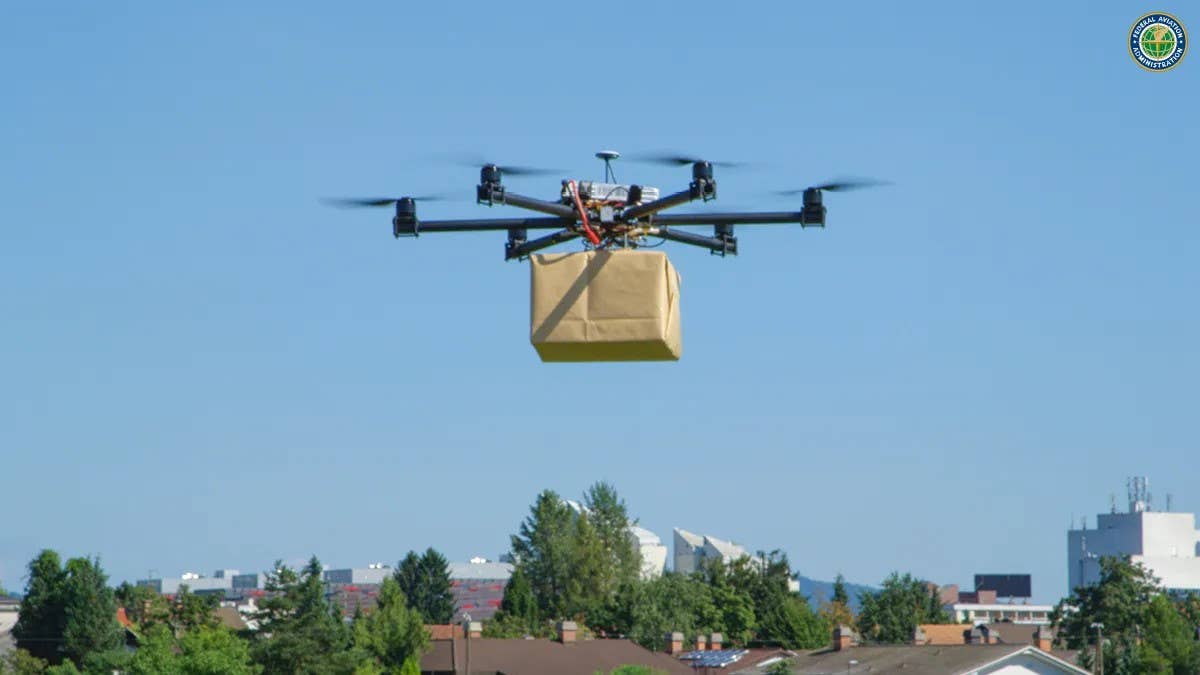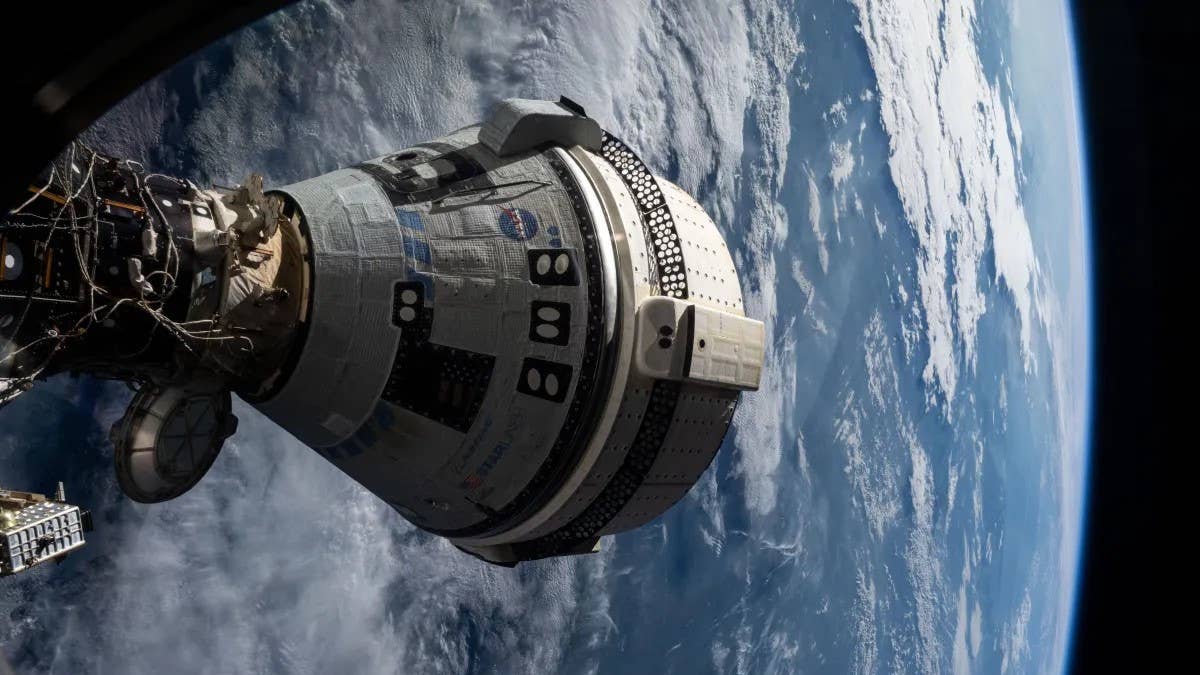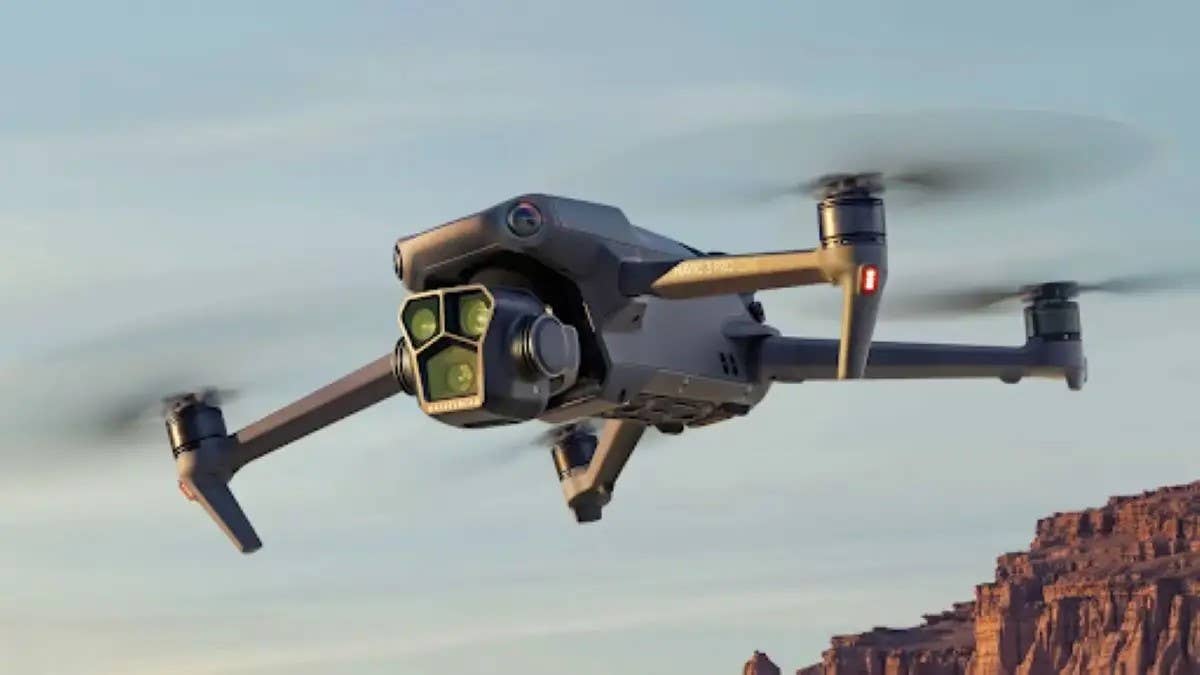Walmart Adding 1.8 Million Households to Dallas-Fort Worth Drone Delivery Service
The retailer and partners Zipline and Wing will deliver to three-quarters of the area’s population using drones.
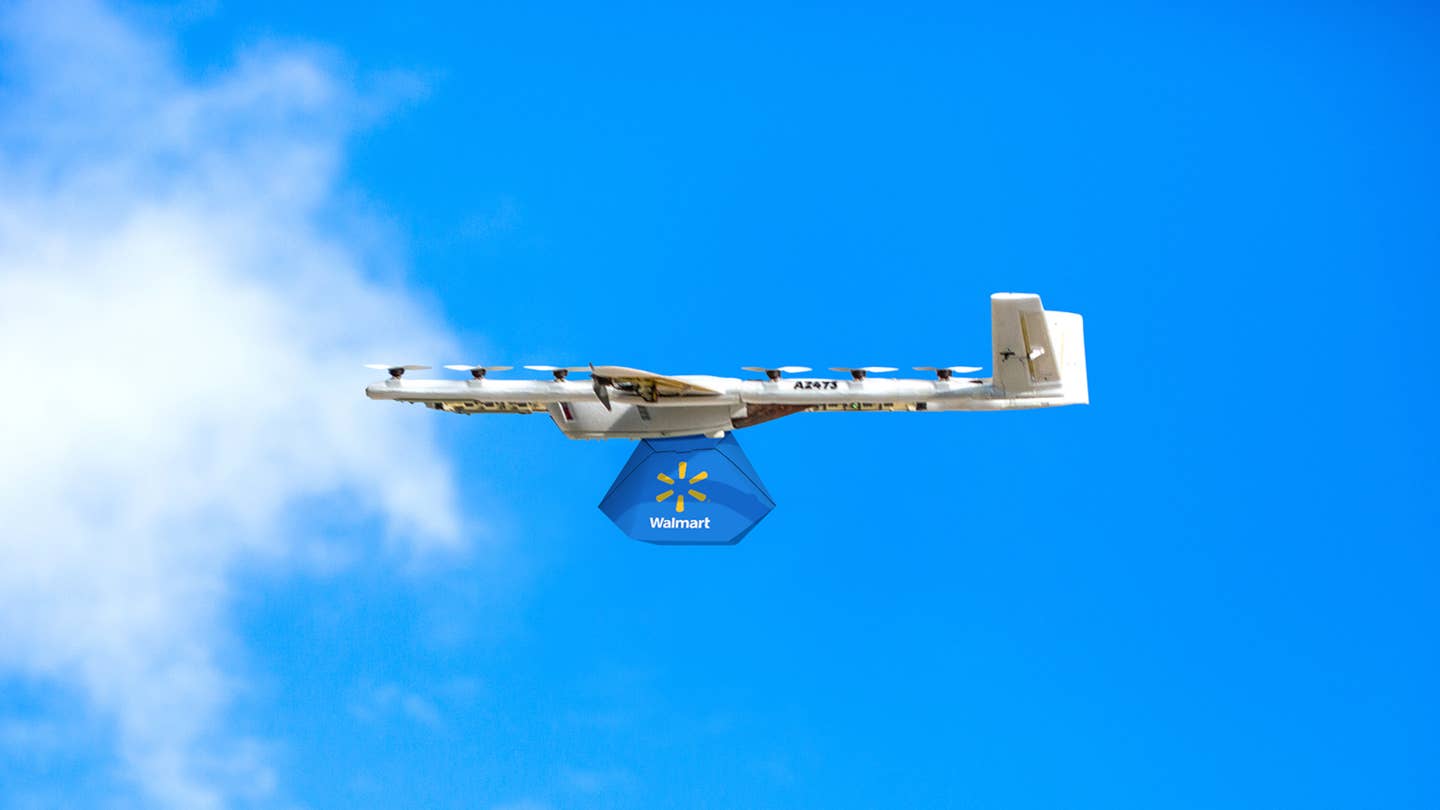
A Wing drone flies through the skies of Dallas-Fort Worth with a delivery from Walmart. [Courtesy: Walmart]
The world’s largest retailer just announced what it claims to be the biggest drone delivery expansion of any U.S. company.
Walmart—which uses drones from partners such as Zipline and Wing to deliver within minutes to customers nationwide—on Tuesday said it would add 1.8 million households to its Dallas-Fort Worth service area, which will soon cover three-quarters of the area’s population. According to the retailer, no U.S. company has offered drone delivery to as many households in a single market.
The expansion adds stores in 30 towns and municipalities to Walmart’s existing Dallas-Fort Worth service, which itself is part of a network spanning nearly 40 hubs in seven states.
Zipline and Wing, both of which were recently approved by the FAA to fly their drones beyond the visual line of sight (BVLOS) of a visual observer, will power the deliveries. The companies’ new permissions—part of an FAA push to grow the industry within the U.S.—will allow them to fly further than previously permitted.
“Customers will have access to a broad assortment of items from Walmart available for delivery to their home in just minutes,” said Prathibha Rajashekhar, senior vice president of innovation and automation for Walmart U.S. “Drone delivery is not just a concept of the future, it’s happening now and will soon be a reality for millions of additional Texans.”
Walmart said Dallas-Fort Worth customers can expect the buzzing aircraft to arrive in as little as 10 minutes but no more than 30. Across two years of trials, the retailer has completed more than 20,000 deliveries of items such as snacks, beverages, and cold medicines, including fragile cargo such as eggs. Thousands of items are eligible for drone delivery, but customers must be within 10 miles of a store offering the service.
With the expansion, Dallas-Fort Worth is shaping up to be Walmart’s largest U.S. drone delivery market initially. But the retailer has an additional 4,700 stores located within 10 miles of 90 percent of the U.S. population, adding plenty of room for scale when the time comes.
Zipline, which has worked with Walmart since 2021, is actually the world’s largest drone delivery provider by sheer volume. The company has flown more than 60 million commercial miles, completing 880,000 deliveries in the process. Wing, which ranks second on the list, has made about 350,000 deliveries, according to its website.
Tuesday’s announcement added more food and convenience delivery to Zipline’s profile, which largely comprises medical shipments of blood, vaccines, and other critical cargo. The company said the expansion will allow it to serve 1,000 times as many Walmart customers. For the past two years, it’s delivered from a store in Arkansas, where it says customers now perceive operations as “totally normal.”
By the time Zipline and Walmart begin an operational pilot later this year, the company expects to have completed tens of thousands of trials with Platform 2 (P2), its next-generation delivery system.
Among other things, P2 will introduce a modified drone, docking, charging, and delivery infrastructure for businesses, and an autonomous droid capable of guiding packages to spaces as small as a patio table. It aims to automate more tasks for customers and enable more precise drop-offs than the company’s existing system, which uses a parachute.
P2 is expected to roll out across the U.S. this year—including in Dallas-Fort Worth following pilot flights with Walmart.
“Autonomous delivery is finally ready for national scale in the U.S.” said Keller Rinaudo Cliffton, co-founder and CEO of Zipline. “Zipline is excited to enable Walmart’s vision of providing customer delivery so fast it feels like teleportation…We’re excited for folks across Dallas-Fort Worth to experience delivery that is seven times as fast, zero emissions, and whisper quiet.”
Like Zipline, Wing, a subsidiary of Google parent Alphabet, has spent the past few years developing its U.S. network with Walmart.
The company has four years of commercial residential service under its belt, including more than a year and a half in DFW. Those operations recently ramped up with deliveries out of two Walmart Supercenters in the suburbs of Frisco and Lewisville, reaching a combined 60,000 households. Wing expects its next expansion to be completed within the year and add “millions” of customers.
In four months of service in Dallas-Fort Worth with Walmart, customers have been clamoring for more, with the top 25 percent of customers ordering twice per week on average, Wing said. Sustainability is a proposition to customers, but so is speed—the company’s drones typically spend just five minutes in the air during a delivery.
Now, range could become a selling point. With its recent FAA approval, Wing can expand its delivery zone beyond the previously enforced 6-mile radius. That means each of its delivery sites will be able to reach more customers.
“Our first few months delivering to Walmart customers have made it clear: Demand for drone delivery is real,” said Wing CEO Adam Woodworth. “The response has been incredible from customers ordering drone delivery from Walmart every day, and it’s a testament to our partnership that we’re now expanding our footprint to bring this innovative delivery option to millions of Texans. If this milestone is any indication, we believe 2024 is the year of drone delivery.”
Zipline and Wing were among the first U.S. firms to receive FAA Part 135 air carrier approval, which allows them to fly drones commercially. Only five companies in the space have those permissions, with the others being Amazon Prime Air, UPS Flight Forward, and Causey Aviation Unmanned, the partner of another Walmart collaborator, Israeli manufacturer Flytrex.
Drone delivery has not quite reached the mass adoption phase. But with Walmart’s massive expansion, that point is beginning to enter focus.
The key to scale will be the finalization of drone delivery regulations, which are still being developed. The FAA, for example, has proposed final rules for BVLOS operations and is coordinating with industry stakeholders to get it on the books. Until that happens, companies will need to rely on waivers like Zipline or Wing’s to start flying.
Those early operations—Walmart’s among them—will help the FAA learn what restrictions may need to be added, removed, or modified. In the meantime, less established competitors will continue to languish under heavy limitations. But the hope is that Walmart, Zipline, and Wing can give the FAA the confidence to open things up for the rest of the industry.
Like this story? We think you'll also like the Future of FLYING newsletter sent every Thursday afternoon. Sign up now.
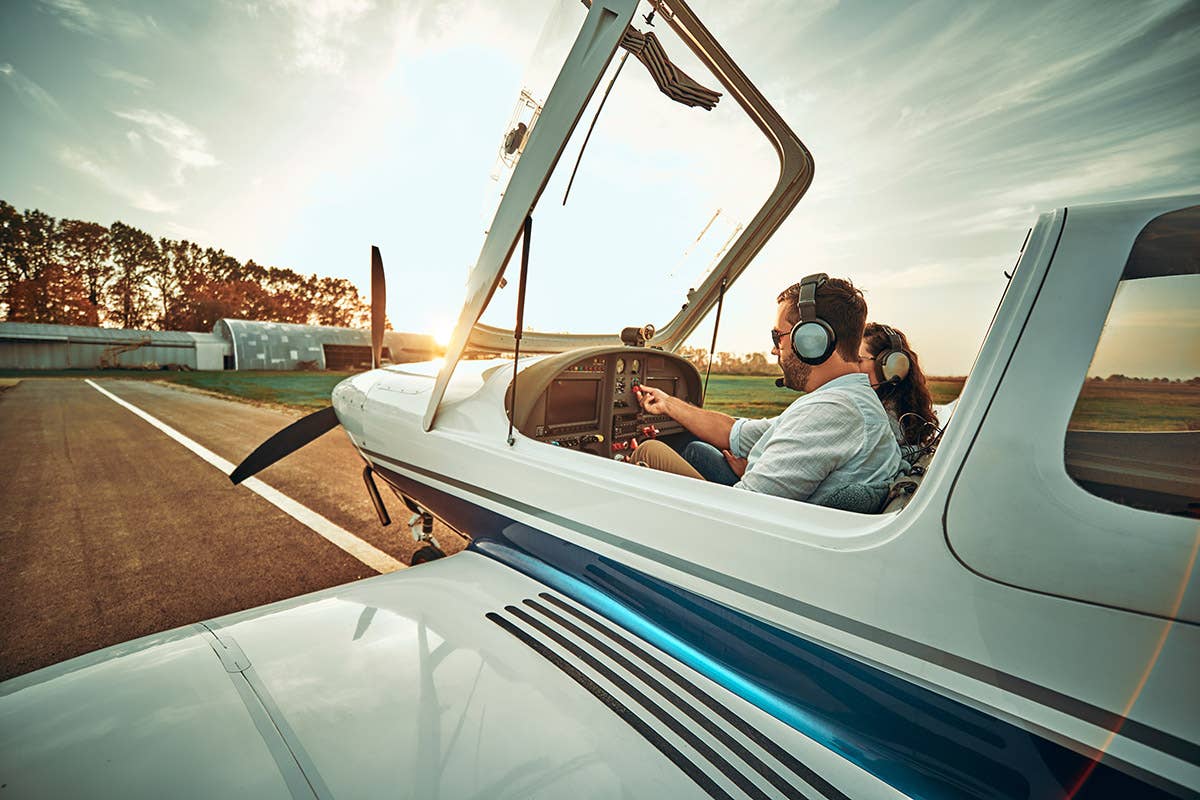
Subscribe to Our Newsletter
Get the latest FLYING stories delivered directly to your inbox

